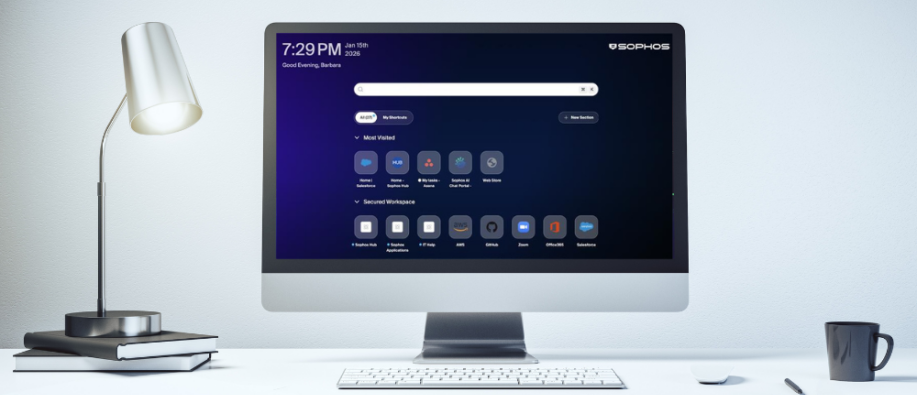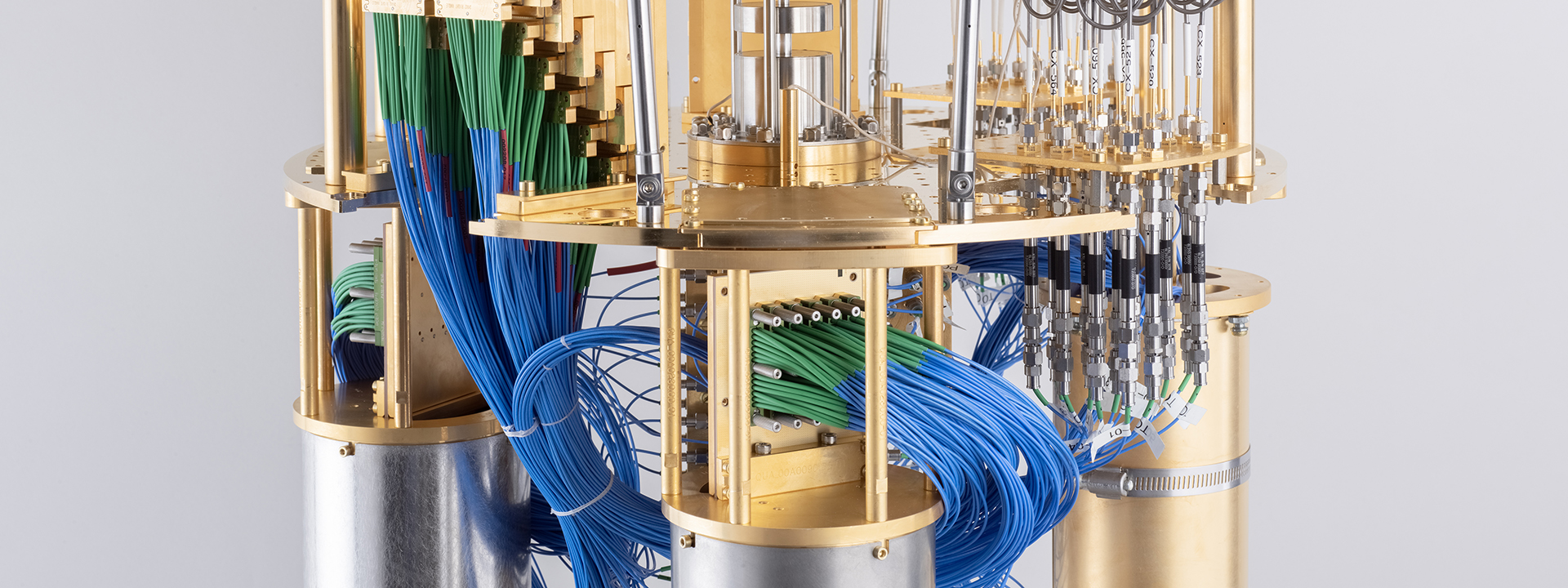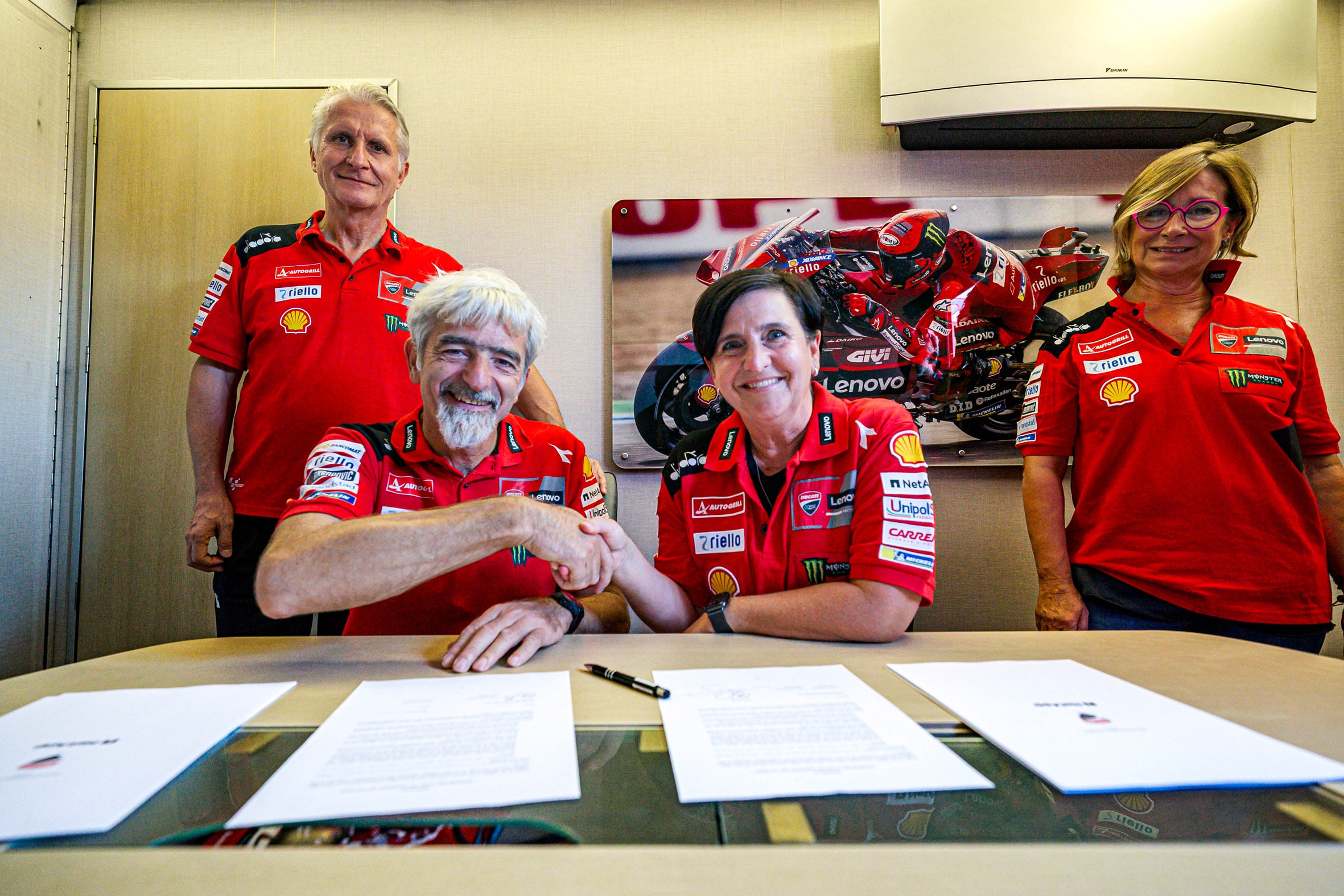Vodafone to use quantum computer to identify best broadband installation routes
Vodafone is partnering with London-based quantum computing provider
Orca Computing to use quantum technology to identify the best routes for
upgrading fixed and mobile broadband connections.
The partners intend to use quantum
computing for planning, installing and optimising large mobile radio and
gigabit broadband networks.
Vodafone says it will initially assess
Orca’s quantum technology for solving complex optical fibre cable design
challenges.
Vodafone’s software will be run on the
Orca PT-2 Series photonic quantum system, which the telco says could help
reduce total cable length and optimise the location of mobile base stations.
Over time, Vodafone expects to use
quantum principles when modelling its global network which includes an undersea
cable network and a new direct-to-mobile broadband satellite communications
system.
The
telco anticipates that quantum computing will improve the accuracy of network
optimisation, as well as accelerate the use of machine learning and AI to
predict faults before they impact customers.
“Our work with
Orca Computing aims to solve ultra-complex problems which otherwise would take
many hours, weeks and even years to process on today’s classical
computers," Luke Ibbetson, Head of Research & Development of Vodafone,
said.
"Modelling
new networks that maximise speed, reliability and coverage for customers, while
navigating urban clutter and rural obstacles, could in future take minutes.”
James Fletcher,
Head of Solutions Architecture at Orca Computing, said Orca Computing’s
collaboration with Vodafone is an important step toward achieving practical and
commercial quantum advantage.
"We have
shown that quantum acceleration of telecommunications use cases is not just a
theoretical concept, it’s a viable, deployable and commercially compelling
solution,” Fletcher said.






























Leave A Comment